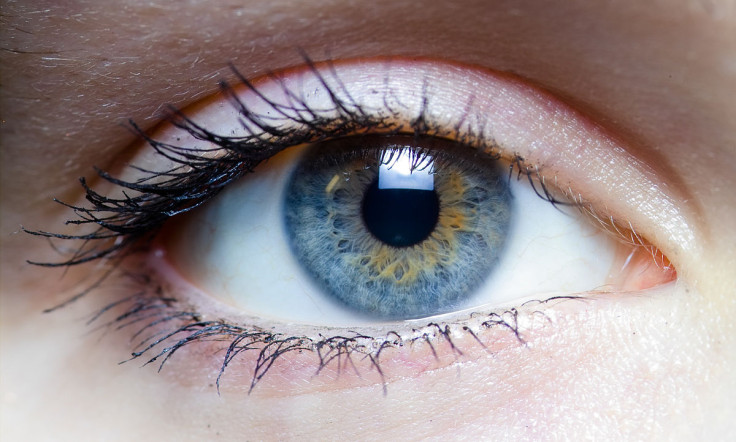US: Toledo, Ohio Woman loses vision in one eye after cat lick

A woman lost her vision in one eye after her pet cat licked her and passed on bacteria that can lead to several infections in people with weakened immune systems.
"I woke up one day and I couldn't see out of my left eye. I looked in the mirror and I thought I had pink eye or something," said Walters, reported CBS News.
Anything that is exposed to the cat's mouth, including if you have a little scratch that the cat licks -- that's how you can get it. It can affect the eyes, because what it does is increases the proliferation of blood vessels in a certain area -- that creates problems called angiomas. It can also cause some liver problems and can get into the spinal fluids and create meningitis.
Janese Walters from Toledo, Ohio, caught on the infection after contracting the "cat scratch" disease from her pet.
The disease is passed onto humans from cats due to bacteria called Bartonella henselae.
The bacteria is reportedly found in the saliva and fur of roughly 40% cats and while it causes no harm to cats, it can lead to serious illnesses such as Walters's in humans.
"Anything that is exposed to the cat's mouth, including if you have a little scratch that the cat licks -- that's how you can get it," said Dr. Kristopher R. Brickman of University of Toledo's College of Medicine and Life Sciences.
"It can affect the eyes, because what it does is increases the proliferation of blood vessels in a certain area -- that creates problems called angiomas.
"It can also cause some liver problems and can get into the spinal fluids and create meningitis."
Walters' reaction to the infection was found to be more extreme than average, according to health officials.
She was diagnosed with Parinaud's oculoglandular syndrome that leads to inflammation of the optic nerve and eventually blindness.
"I'm just lucky it didn't transfer to my other eye," said Walters.
Brickman cautions against the spread of the disease by urging people to wash their hands regularly after interacting with their cats.
"Don't let them lick any open wounds -- and try to avoid getting bit by any cat," said Brickman.
© Copyright IBTimes 2024. All rights reserved.






